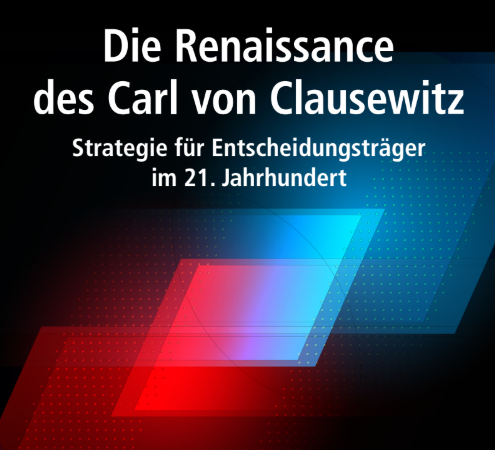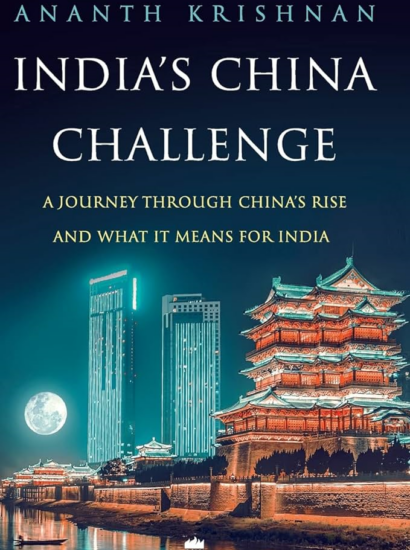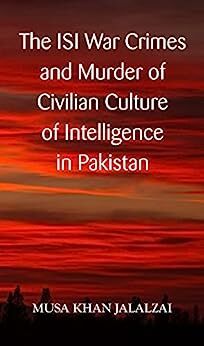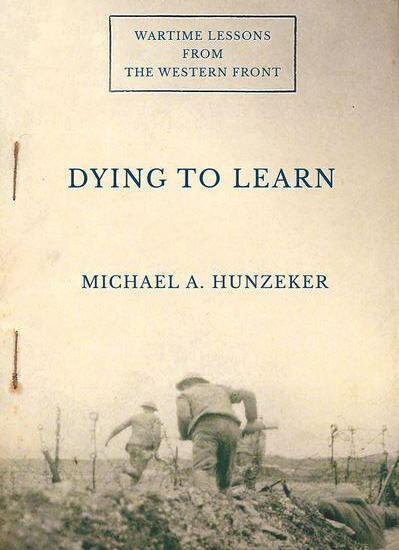Strategie für Entscheidungsträger im 21. Jahrhundert
Lennard Souchon, (Hamburg, 2024). 348 pp.

Lennard Souchon’s Die Renaissance des Carl von Clausewitz is an ambitious and timely exploration of how the Prussian theorist’s ideas continue to shape modern strategic thought. Far from being a dusty relic of nineteenth-century military theory, Souchon presents Clausewitz as a figure experiencing renewed vitality in contemporary debates on war, politics, and security.
At the heart of the book lies a clear argument: Clausewitz’s work, particularly On War, remains indispensable for understanding the dynamic relationship between force and policy. Souchon challenges the assumption that Clausewitz is an outdated thinker confined to the Napoleonic era. Instead, he shows how the theorist’s central concepts—friction, the fog of war, and the primacy of politics—offer enduring relevance to modern strategic practice.
Clausewitz’s work, particularly On War, remains indispensable for understanding the dynamic relationship between force and policy.
The book is structured in a way that balances intellectual rigour with accessibility. Souchon carefully reintroduces Clausewitz’s key categories while weaving them into discussions of current strategic challenges. Particularly compelling is his treatment of hybrid warfare, cyber threats, and the increasing role of technology in armed conflict. By doing so, he underscores that Clausewitz’s analytical tools remain vital in understanding the blurred boundaries between war and peace.
Souchon also addresses the critiques of Clausewitz, acknowledging his Eurocentric perspective and the limitations of applying nineteenth-century frameworks to globalised conflicts. Yet he successfully argues that, rather than rendering Clausewitz irrelevant, these critiques highlight the flexibility of his thought when re-examined in today’s context. The “renaissance” that Souchon identifies is not about uncritical reverence but about reinterpreting Clausewitz for twenty-first-century strategy.
One of the book’s strengths is its clarity. While steeped in academic discourse, Souchon avoids unnecessary jargon and provides a coherent narrative that makes it suitable for both specialists and readers less familiar with strategic theory. His background in military studies enriches the text with practical insight, bridging the gap between theory and practice.
Souchon avoids unnecessary jargon and provides a coherent narrative that makes it suitable for both specialists and readers less familiar with strategic theory.
That said, readers seeking a purely critical or deconstructive approach to Clausewitz may find Souchon’s admiration somewhat pronounced. His conviction in Clausewitz’s continued relevance occasionally overshadows deeper engagement with alternative theoretical traditions. Nonetheless, this does not detract from the book’s contribution as a persuasive call to revisit a canonical figure with fresh eyes.
Die Renaissance des Carl von Clausewitz is a valuable addition to the field of strategic studies. It succeeds in showing that Clausewitz’s work is not merely a historical reference point but a living framework that continues to inspire, challenge, and guide the study of war and strategy in the twenty-first century.
Matthias Wasinger is a colonel (GS) in the Austrian Armed Forces. He holds a Magister in Military Leadership (Theresan Military Academy), a master’s degree in Operational Studies (US Army Command and General Staff College), and a PhD in Interdisciplinary Studies (University of Vienna). He has served both internationally and nationally at all levels of command. He is also the founder and editor-in-chief of The Defence Horizon Journal. The views expressed in this paper are the author’s alone.





